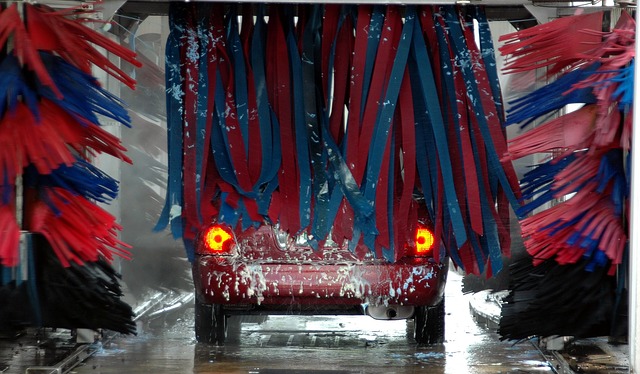Strange ~ But True???
Glaucoma and Neckties, What’s the Connection?

What do neckties and glaucoma have as a connection? Would you believe there could be cause and effect involved? In the article connected to this link ~ https://www.aao.org/eye-health/news/glaucoma-neckties-evidence-inconclusive ~ it is suggested that those who wear neckties too tightly may be causing chronic tension thereby raising intraocular pressures. Ties that are too tight around the neck may inhibit blood flow to the brain. This study appeared in the Neuroradiology Journal. In addition, in 2003 a study was published in the British Journal of Ophthalmology about tight neckties causing increase in intraocular pressure (IOP). Increases to IOP over time is a major factor in developing glaucoma. There is actually a mayor of a California town that took these studies so seriously that he wanted make companies in his town agree to make the wearing of neckties optional and not a necessity.
Not everyone is convinced of the necktie connection. In fact, an ophthalmologist and glaucoma specialist, Dr. Andrew G. Iwach states that the research is interesting but until there is a study that is more controlled and long term we should simply ask our own ophthalmologist for guidance. He also notes there is no “one size fits all guidance” for the public. “We don’t treat means or averages, we treat individuals,” said Dr. Iwach.
Night Driving Glasses May Hurt, Not Help - However Automobile Cleaning and Maintenance May Improve Vision.
Another Strange ~ but True ????

Some individuals have problems with glare at night from headlights, streetlights, etc and there are many night vision glasses available with price as low as $10 and as high as $100. Their purpose is to reduce the glare. You may be surprised to learn that some ophthalmologists are not convinced that these are helpful. Again, Dr. Iwach is the physician we are quoting. He states that anti glare glasses are designed to limit the amount of light getting into the eye. Naturally limiting the amount of light to the eye when it is already dark make it even more difficult to see. When driving at night the light is variable and the eyes must adapt to the change quickly.
So what can be done about glare when driving at night? You are advised to perform automobile maintenance such as keeping your windshield clean, maintaining wipers, clean your headlights, and clean your eye glasses. However, Dr. Iwach points out that some people have trouble seeing at night because of a health issue such as cataract, glaucoma, or dry eye syndrome. The only way to know if your night vision is a health issue is to see an ophthalmologist for a check up. The American Academy of Ophthalmology recommends vision screenings regularly beginning at age 40. “Regular vision screenings and early diagnosis provide the best options for effective glaucoma care.”


